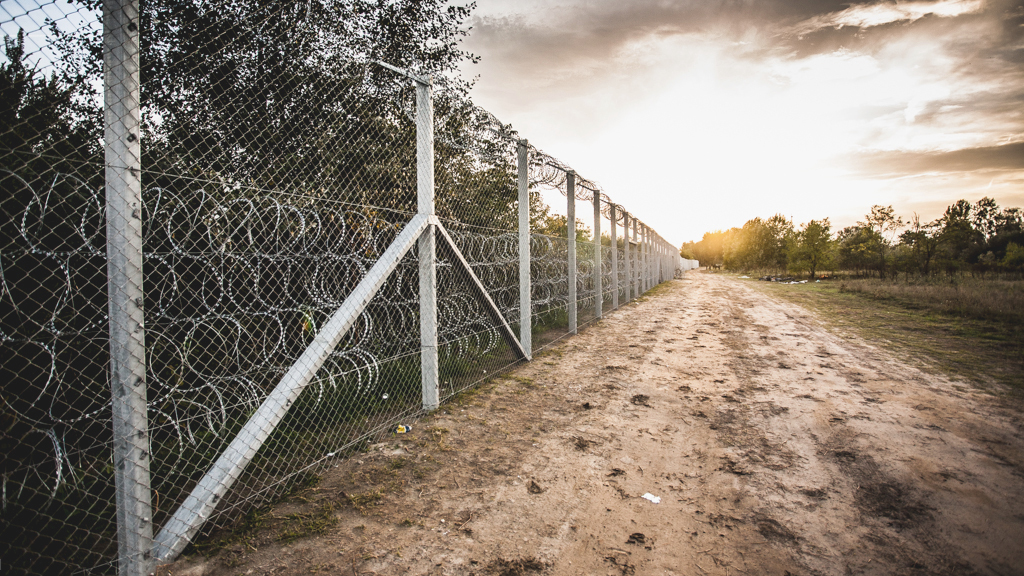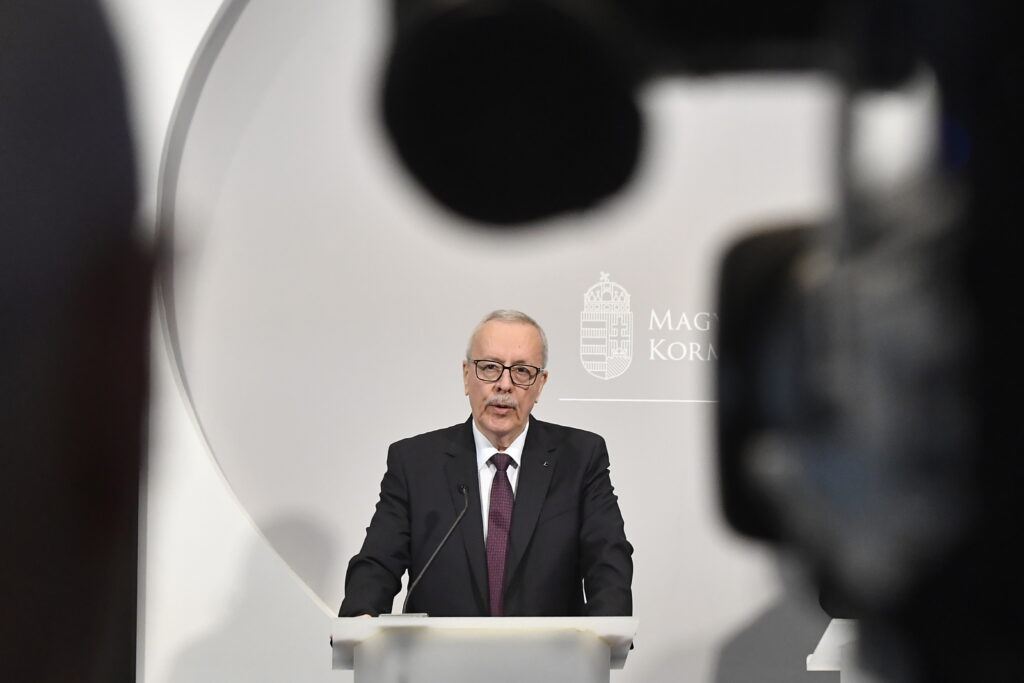
In the first ten days of this year, 381 border crossers were already apprehended at the Serbian-Hungarian border.Continue reading

The Hungarian Government is challenging the decision of the Court of Justice of the European Union (CJEU) to impose a daily fine of €1 million on the country, the Prime Minister’s Chief Security Advisor said on Wednesday on TV2’s Mokka program.
György Bakondi recalled that the EU has launched numerous proceedings against Hungary over migrants, including the case that resulted in Hungary being fined one million euros per day. He added that the EU wanted migrants to be able to submit their asylum applications in Hungary rather than in another country, such as Serbia.
This is a clear call to let in illegal immigrants,” he emphasized, adding that the government has one option in this case: to file a lawsuit against the EU court with the help of an international law firm.
He noted that the “highly reputable” team of lawyers includes two former members of the Court.

György Bakondi at a press conference on May 26, 2025. Photo: MTI/Soós Lajos
The Security Advisor also said that Hungary was severely affected by the migration situation in 2015, with 400,000 illegal immigrants “flooding across the border” in two months. The government was then faced with the question of what to do with these people, most of whom did not want to stay in Hungary. The issue was eventually put to a referendum. “83 percent of respondents wanted the migrants to be stopped,” he recalled, noting that the government decided to use technical barriers, legal border closures, and police and military forces, based on international examples.
In his view, this solution has resulted in no terrorism in the country, no “no-go zones,” no deterioration in public safety, and no tensions in the social welfare system. Another consequence is that Western European leaders who view immigration as a positive development and support it, primarily European Union bureaucrats, constantly criticize Hungary’s practices, he explained. However, more and more Member States have recently been trying to find national solutions to this problem: Italy, Bulgaria, Slovenia, Austria, Croatia, and Spain among these countries, he added.
Via MTI, Featured image: Wikipedia